Published since 2019 by the Fair Winds Foundation and Association of Foreign Relations, Taiwan Weekly provides in-depth report and analysis of the major issues facing Taiwan.
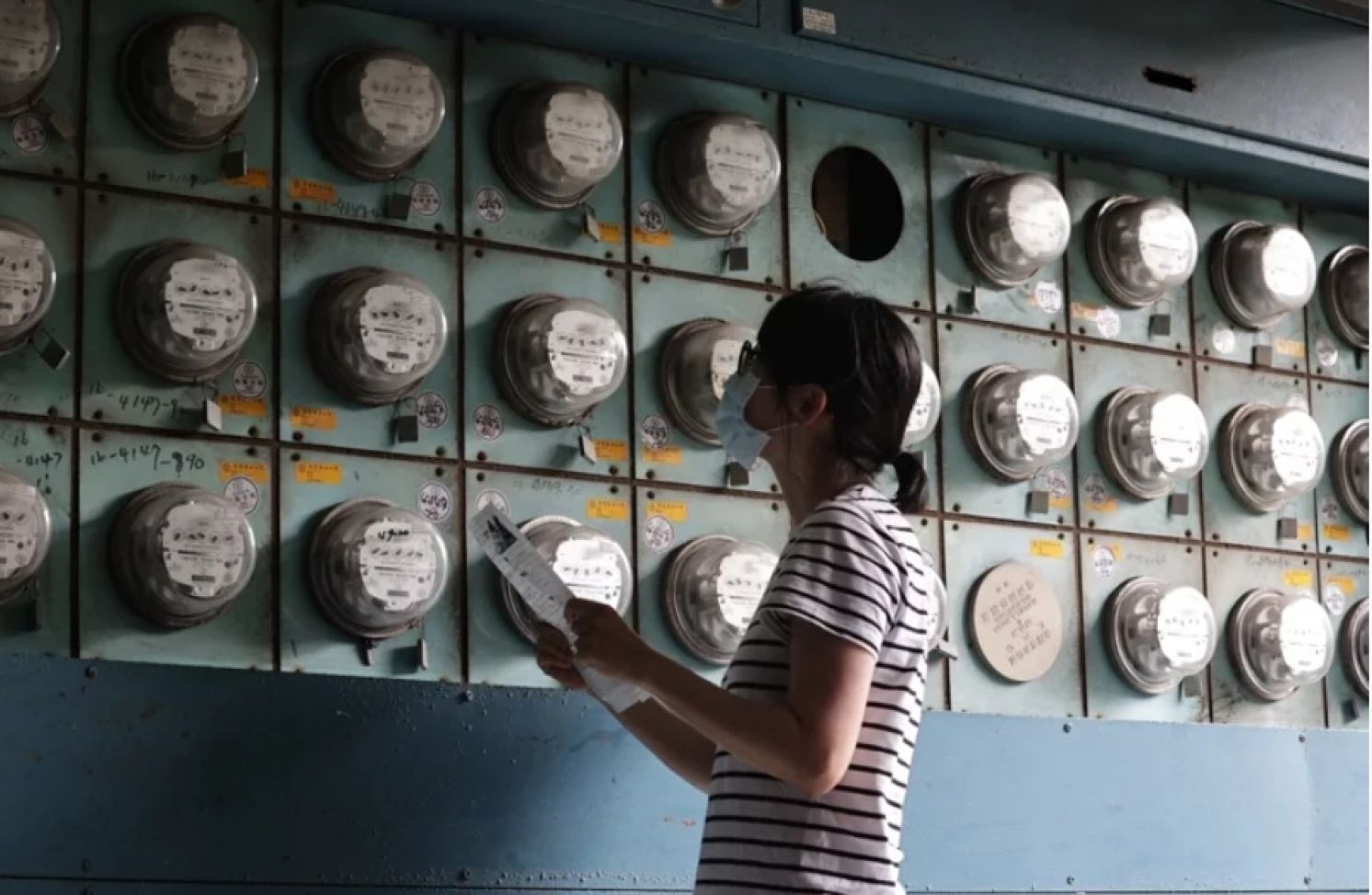
This Week in Taiwan 0917-0923
September 18: Chinese Foreign Minister Wang Yi and U.S. National Security Advisor Jake Sullivan held a new round of strategic communication in Malta. According to Chinese state media, the two met for over 12 hours, with the issue of Taiwan taking up the most time. Wang stated that the correct direction for a peaceful resolution of the Taiwan issue is to firmly oppose de jure "Taiwan independence" and support China's peaceful reunification.
Details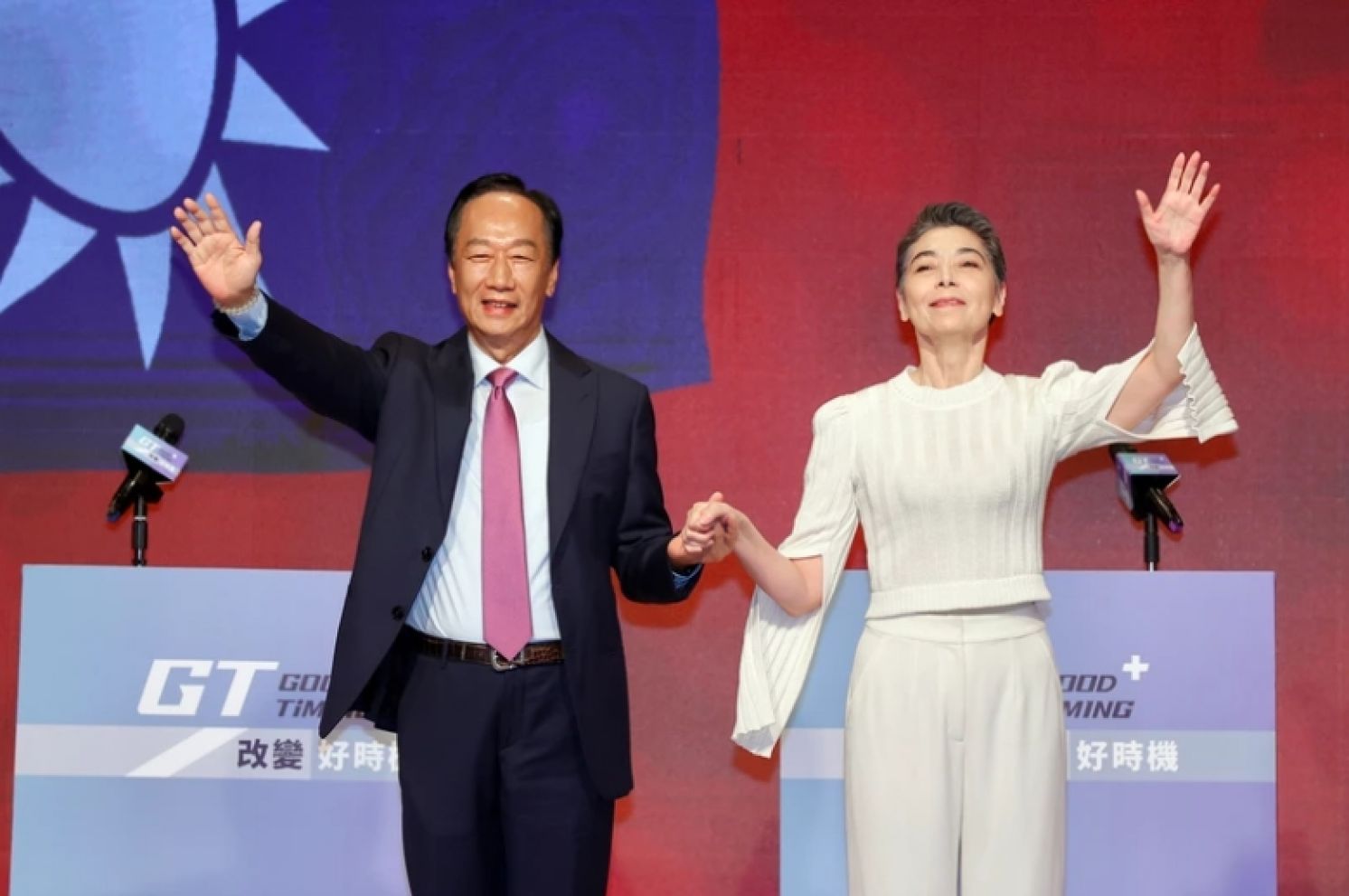
Gou Picks Actress Tammy Lai as Running Mate:Another Show of Drama?
Terry Gou, founder of Hon Hai Precision Industry Company (Foxconn), announced on September 14 his running mate actress Tammy Lai in the upcoming presidential election and his intention to continue his candidacy as an independent.
Details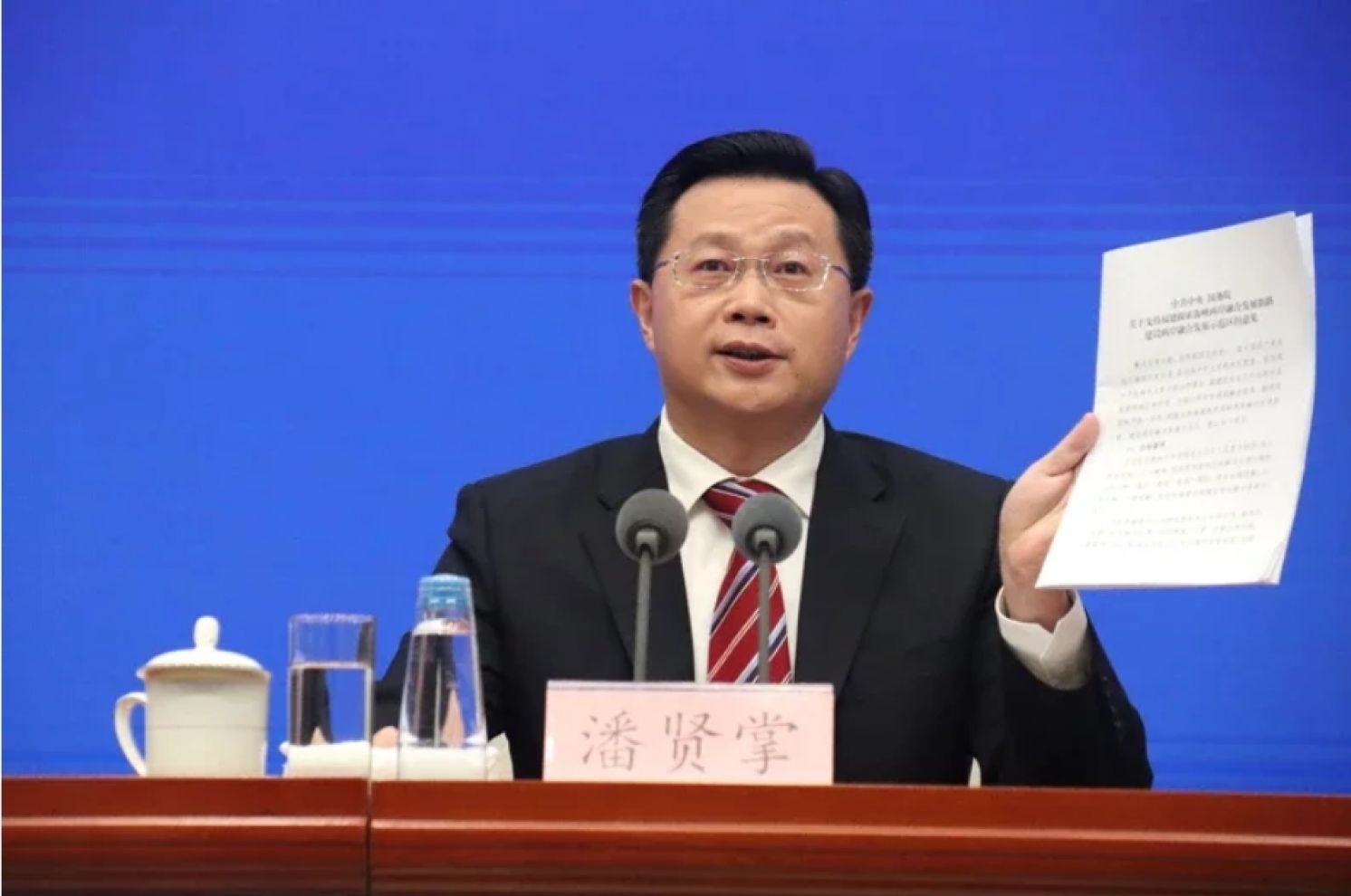
Integration Demonstration Zone:A Popular Referendum on Cross-Strait Relations
Mainland China released the full text of a directive titled "Opinions on Supporting Fujian to Explore a New Path for Cross-Strait Integrated Development and Build a Demonstration Zone for Cross-Strait Integrated Development."
Details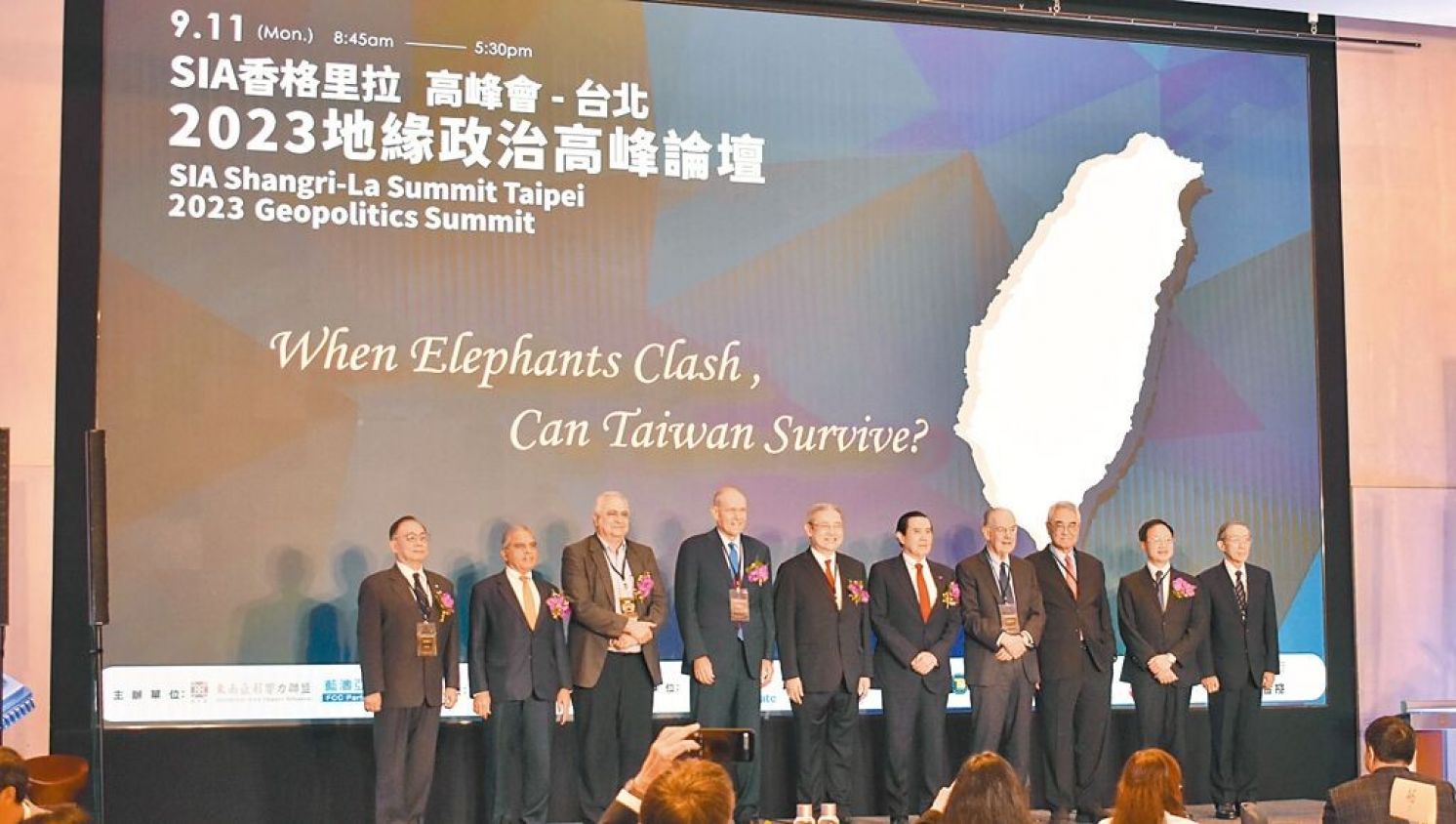
U.S. Scholar:Cross-Strait Peace Serves American Interests
Every move by Taiwan affects cross-strait relations.
Details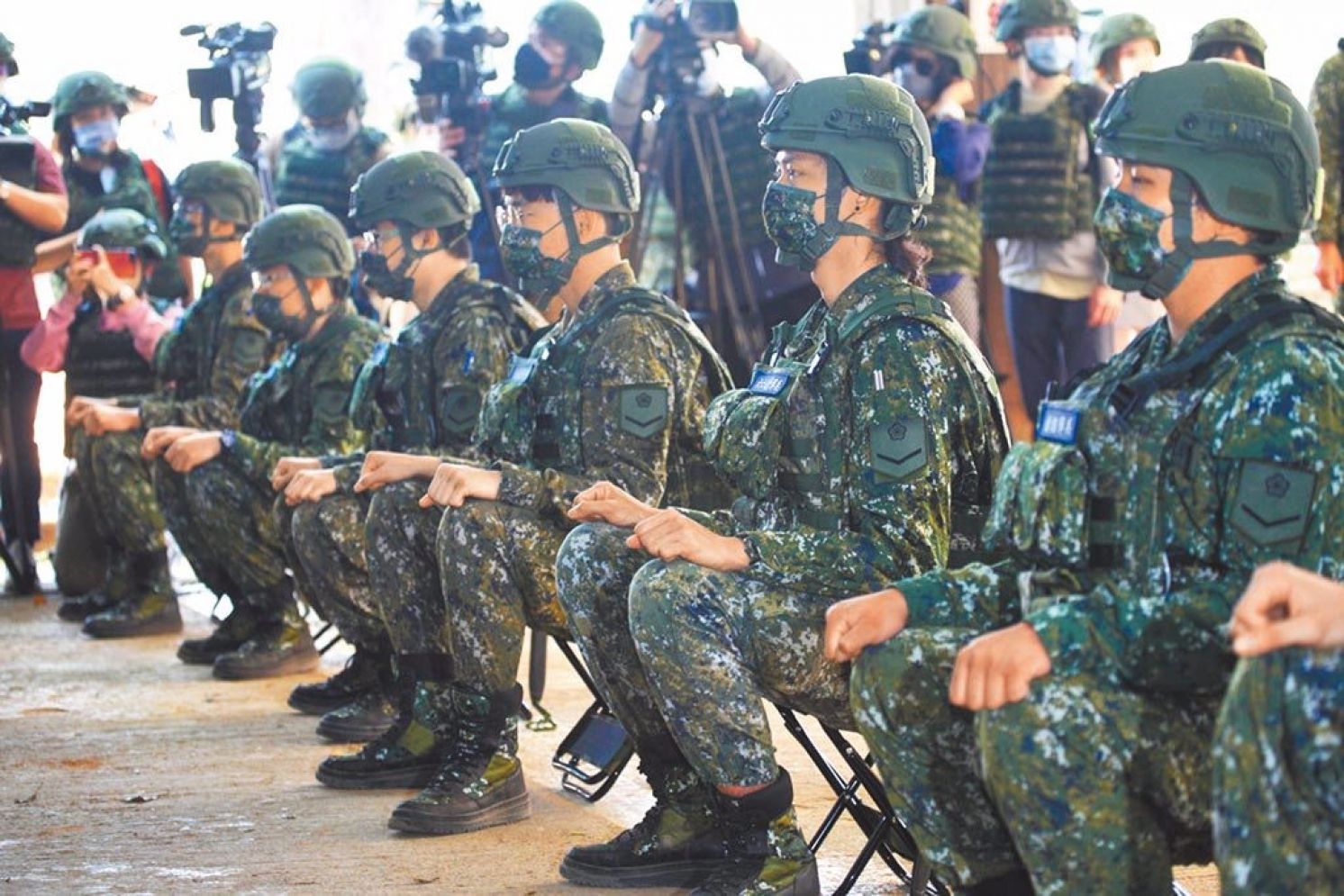
This Week in Taiwan 0910-0916
September 11: According to the budget document of the Ministry of National Defense (MND) for next year, the budgeted number of volunteer personnel has dropped sharply by 5,187 compared with the figure this year, which is equivalent to a reduction of nearly 10 battalions of manpower. Expert analysis shows that 99 percent of the reduced posts are grass-roots non-commissioned officers and soldiers. The manpower available for primary combat units has declined, seriously affecting combat efficacy. The MND may distribute a considerable proportion of conscripts to primary combat units in order to fill their manpower gap.
Details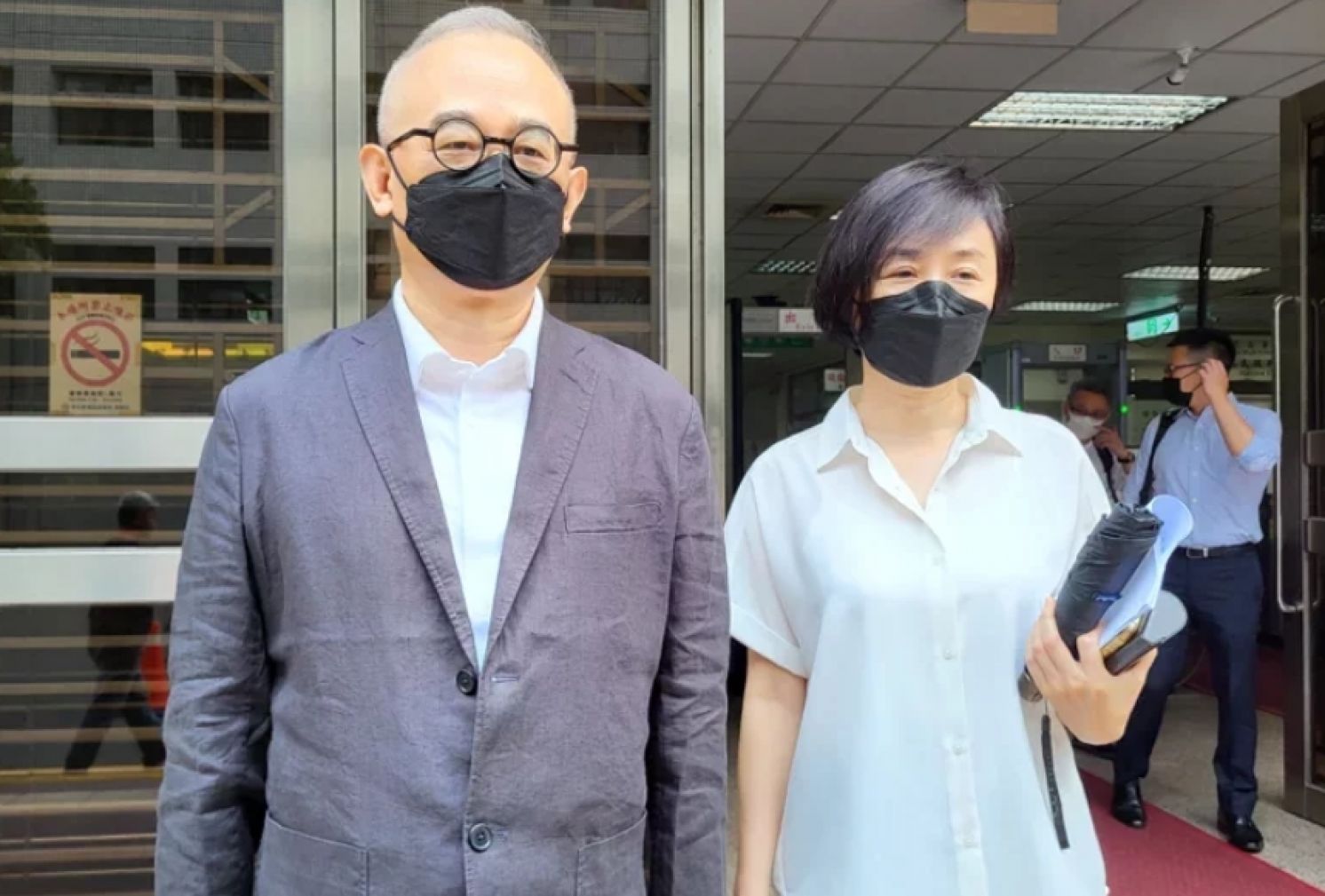
"Journey into Judicial Psychedelia: The Xiang Xin Case is Shame on Taiwan's Judiciary."
After dragging on for four years, mainland Chinese businessman Xiang Xin and his wife Gong Qing, who were accused of espionage and money laundering, have undergone two rounds of review by the Taipei District Prosecutors Office.
Details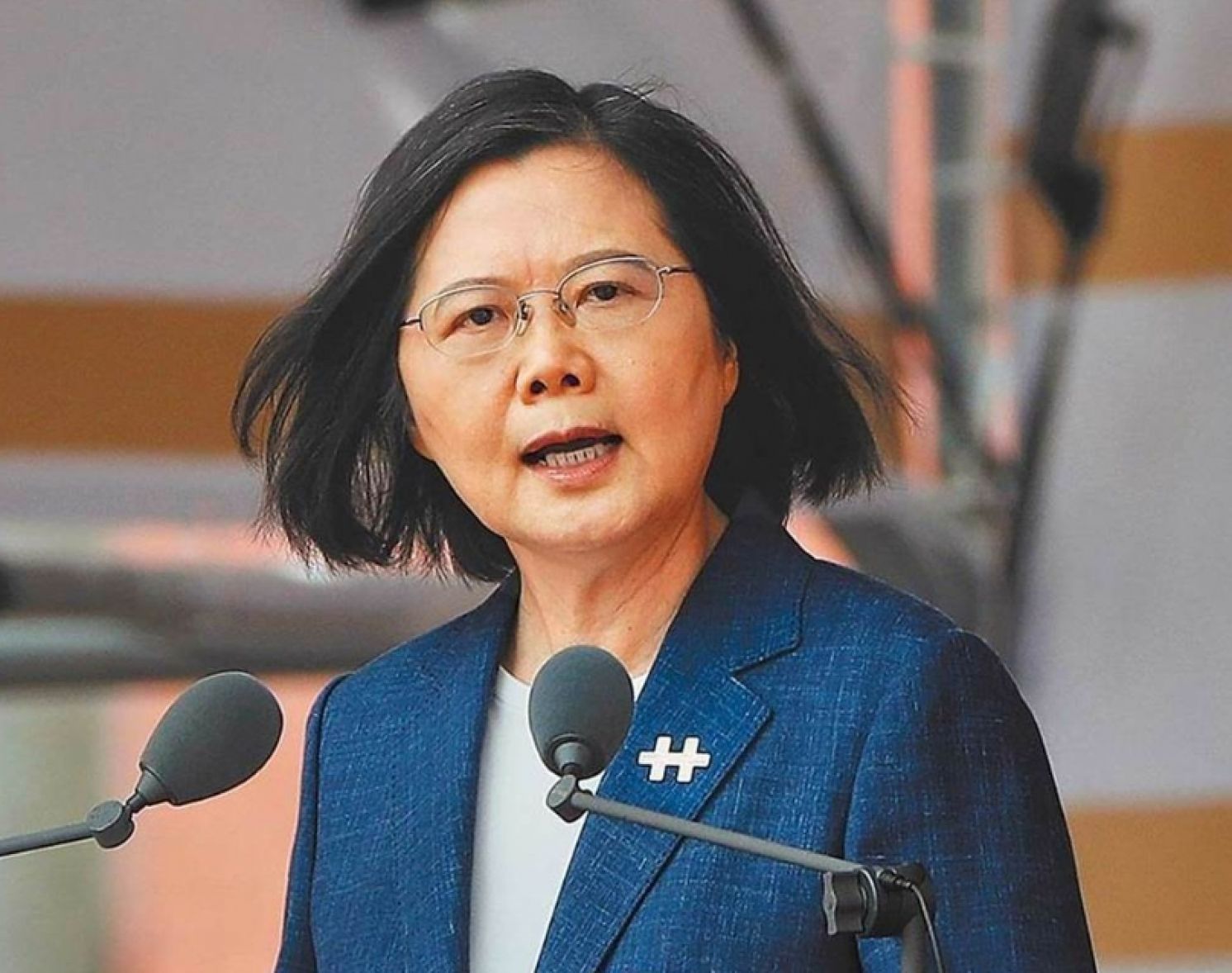
President Tsai's Diplomatic Dead-End Journey
President Tsai Ing-wen concluded her four-day visit to Eswatini, signing several cooperation agreements and ceremoniously reaffirming the enduring friendship.
Details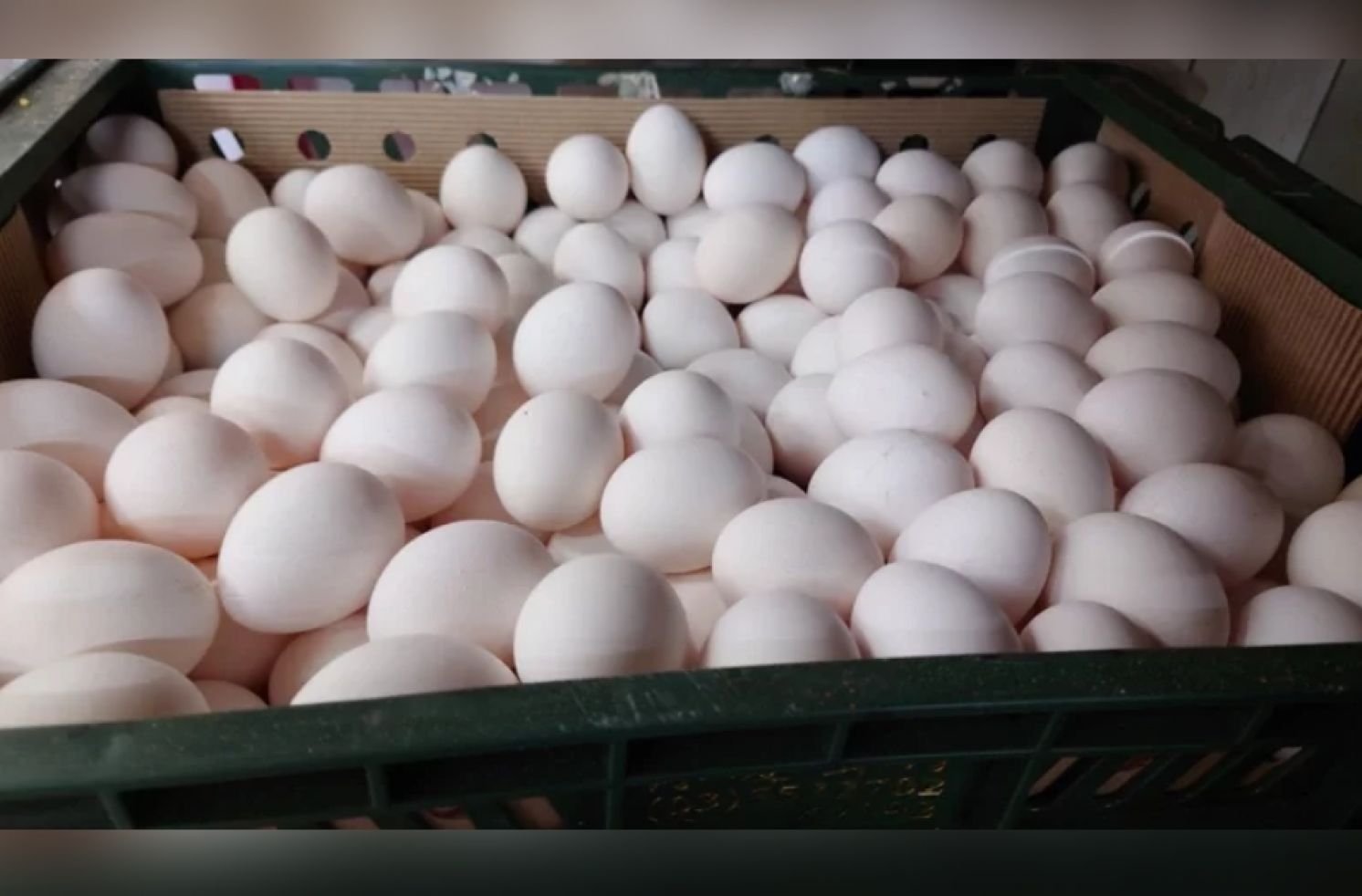
Importing Eggs Said to Be "Patriotic" and "Heroic" Only to Conceal Corruption
Public suspicion in Taiwan still hangs over the import of more than 80 million eggs by a one-man company Ultra Source Ltd.
Details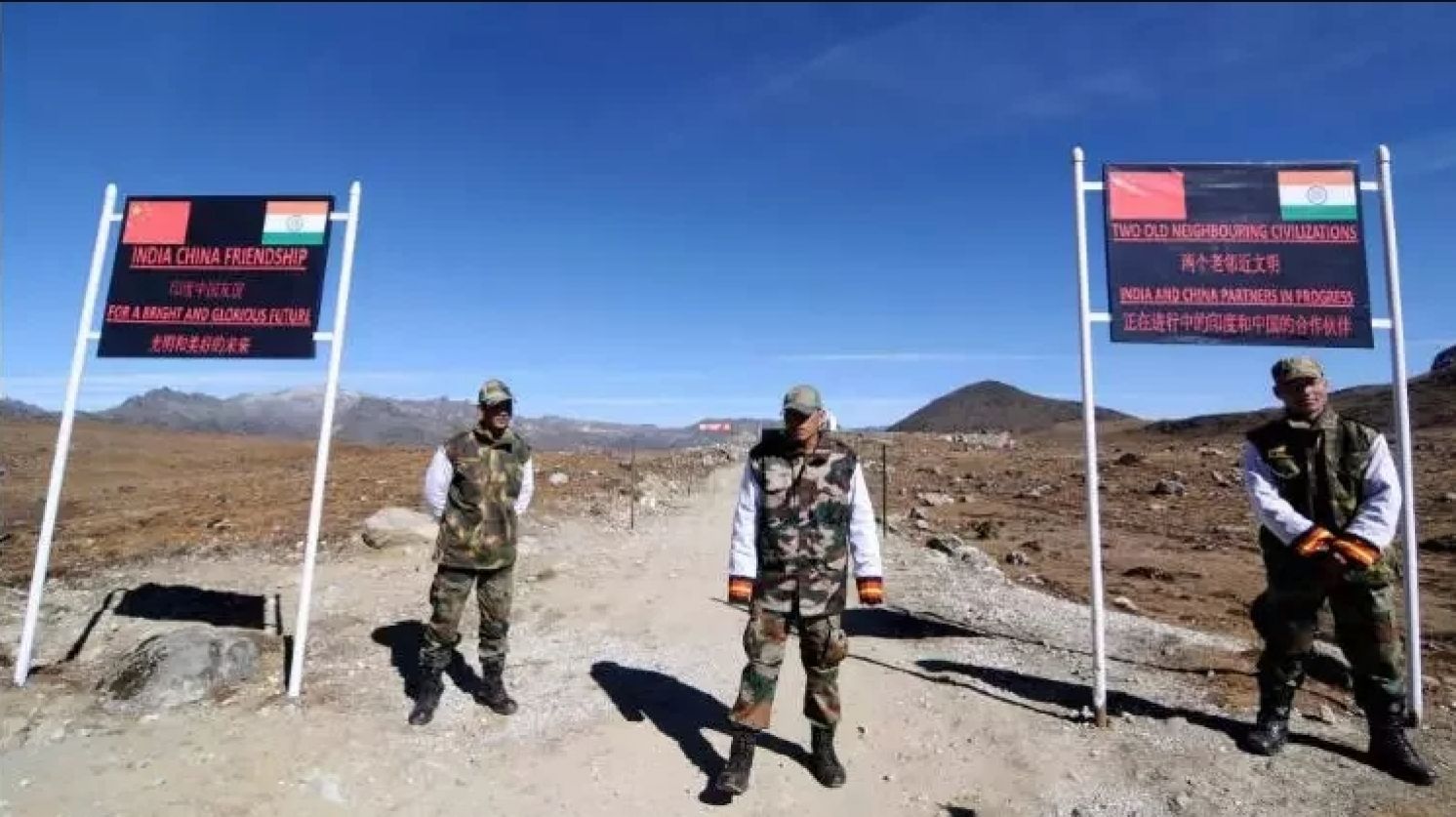
This Week in Taiwan 0903-0909
September 3: The Ministry of National Defense will resume one-year compulsory military service next year, with the total number of recruits estimated at 9,100. To solve the problem of low staff ratios in the outer islands, both conscripts and voluntary personnel will serve in the outer islands. An average of one out of 13 conscripts may serve in the outer islands.
Details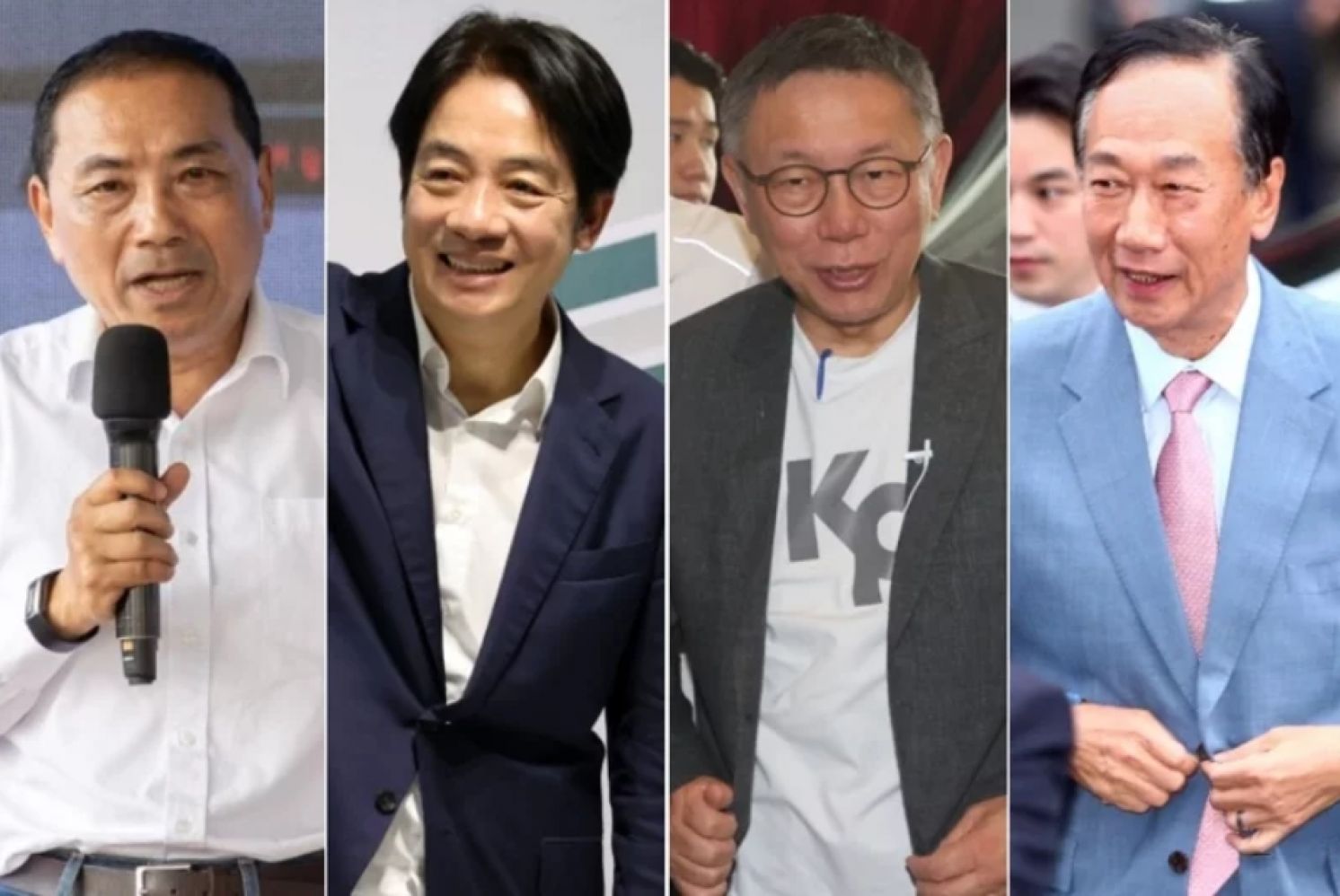
Hou Regains 2nd Place with Gou Candidacy
According to the latest polling results published by the My Formosa e-newsletter on August 31st, the support rate for Democratic Progressive Party (DPP) presidential candidate William Lai, in a four-way race, has fallen over the past days from over 40 percent to 35.3 percent.
Details- 1
- 2
- 3
- 4
- 5
- 6
- 7
- 8
- 9
- 10
- 11
- 12
- 13
- 14
- 15
- 16
- 17
- 18
- 19
- 20
- 21
- 22
- 23
- 24
- 25
- 26
- 27
- 28
- 29
- 30
- 31
- 32
- 33
- 34
- 35
- 36
- 37
- 38
- 39
- 40
- 41
- 42
- 43
- 44
- 45
- 46
- 47
- 48
- 49
- 50
- 51
- 52
- 53
- 54
- 55
- 56
- 57
- 58
- 59
- 60
- 61
- 62
- 63
- 64
- 65
- 66
- 67
- 68
- 69
- 70
- 71
- 72
- 73
- 74
- 75
- 76
- 77
- 78
- 79
- 80
- 81
- 82
- 83
- 84
- 85
- 86
- 87
- 88
- 89
- 90
- 91
- 92
- 93
- 94
- 95
- 96
- 97
- 98
- 99
- 100
- 101
- 102
- 103
- 104
- 105
- 106
- 107
- 108
- 109
- 110
- 111
- 112
- 113
- 114
- 115